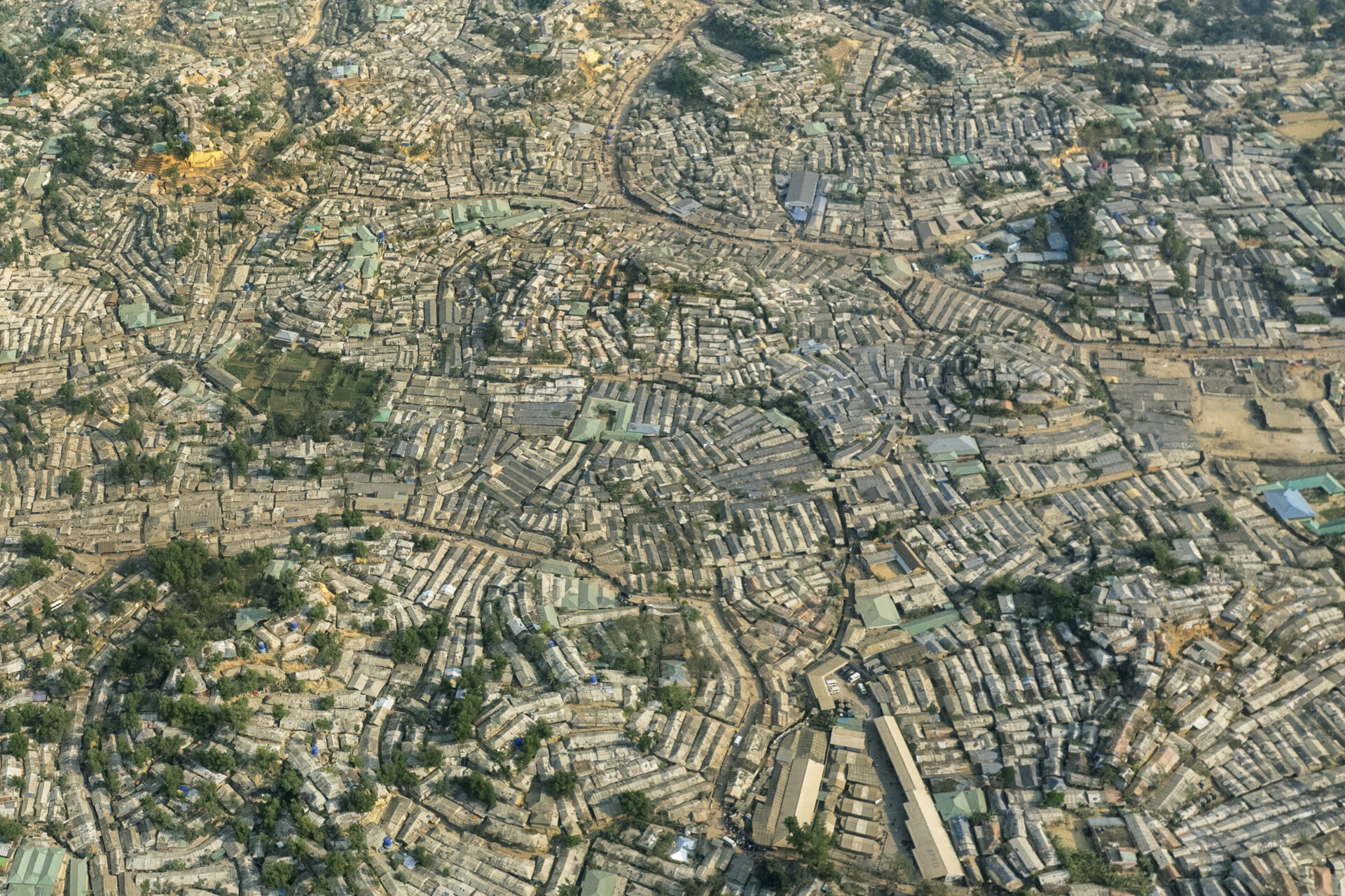
Introducing the Global Refugee Forum Blog Series
As we mark six months since the second Global Refugee Forum (GRF), held in December 2023, InterAction and International Council for Voluntary Agencies (ICVA) members are collaborating on a blog series to reflect on the GRF, focus attention on commitments, and strengthen transparency on progress since the first GRF in 2019. Over the next several months, the blog series will provide perspective on pledges and highlight where further action is needed.
The GRF 2023 took place in a global context of increased emergencies and a growing number of protracted forced displacement crises. Today, the number of forcibly displaced people in the world has reached an all-time high of 120 million, including internally displaced people. In the shadow of this growing need, the U.N. Refugee Agency (UNHCR) hosted the GRF 2023 to convene stakeholders from governments, civil society, local organizations, donors, and others to begin pledging on solutions.
Reflections from the GRF 2023
During the Global Refugee Forum in December, meeting the objectives of the Global Compact on Refugees (GCR), such as achieving predictable and equitable responsibility-sharing, felt more pressing than ever.
The Global Refugee Forum aimed to:
- Build on and highlight the progress made by States and other stakeholders toward the implementation of pledges and initiatives announced since 2019.
- Provide a space for participants to take stock of progress and announce new pledges.
- Share learning to inform and inspire further burden- and responsibility-sharing, facilitating comprehensive responses.
Representatives from InterAction, ICVA, and many member organizations of both coalitions were among the 4,000 participants at the GRF. NGOs made more than 20% of all pledges and civil society representatives accounted for nearly a quarter of all speakers, with 19% of all speakers being forcibly displaced and stateless people themselves. By the end, more than 1,750 pledges were made both individually and as part of the 47 multistakeholder pledges. These pledges were made toward the GCR’s ambitious goals, translating to an estimated $2.2 billion in new financial commitments.
Yet despite the success of the Global Refugee Forum, most crises—such as those in Sudan, the Darien Gap, Gaza, Central Sahel, D.R. Congo, Armenia, and the Bay of Bengal—have continued to deteriorate. Humanitarian aid budgets are becoming increasingly strained.
InterAction and ICVA members joined others at the Forum calling for urgency amongst States and international actors to respond, protect those forced to flee, uphold international protection standards, protect unimpeded access to territory and asylum, and establish robust resettlement opportunities and complementary pathways for refugees.
Looking Forward
Since the Second GRF, pledging bodies have begun the work of implementation and new pledges have been made. Although we welcome the progress made at the Forum, the promises made to refugees and host communities now need to be put into practice. In addition, we think that several multistakeholder pledges fell short of the attention and commitments needed.
Among these pledges are the 1951 Convention and 1967 Protocol (Law and Policy Reform Initiative), the Developing Comprehensive Responses to the Protection Challenges Faced by Refugees and Migrants Moving by Sea, and the Gender Equality and Protection from Gender-based Violence. These pledges are more relevant than ever given the increase in protection risks globally and widespread violations of international refugee, humanitarian, and human rights laws.
More attention must also be paid to progress made on the pledges from the first GRF. The 2023 Indicator Report noted one-third of pledges for which updates were provided were fulfilled, but did not include the total number of pledges that received updates. There is a need for greater elaboration and more fulsome progress updates on pledges made in all years to better understand their total impact.
The Blog Series
InterAction and ICVA members will be producing blogs exploring these topics, highlighting the efforts of NGOs in the GRF process and maintaining momentum across GRF pledge implementation. The series will focus on meaningful refugee participation, mental health and psychosocial support (MHPSS), economic inclusion, localization, statelessness, and other topics. With other outreach and advocacy, we see this series as a way to build transparency, hold pledging actors to account, and drive momentum toward the high-level meetings in 2025 and beyond.
Watch this space for more, and please contact Rose Worden (rworden@interaction.org) and Ellie Doblin (edoblin@interaction.org) from InterAction or Davina Said (davina.said@icvanetwork.org) from ICVA if you would like to contribute to the series.
Blogs
- The Statelessness Challenge
By Akintayo Odeyemi MSA, PhD, Director of ADRA International’s United Nations Liaison Office - An Intersectoral Approach to Mental Health and Psychosocial Support
By Elana Banin, Policy Advisor, International Rescue Committee - Meaningful Refugee Participation at the Global Refugee Forum
By Ellie Doblin and Marisa Leon Gomez Sonet








